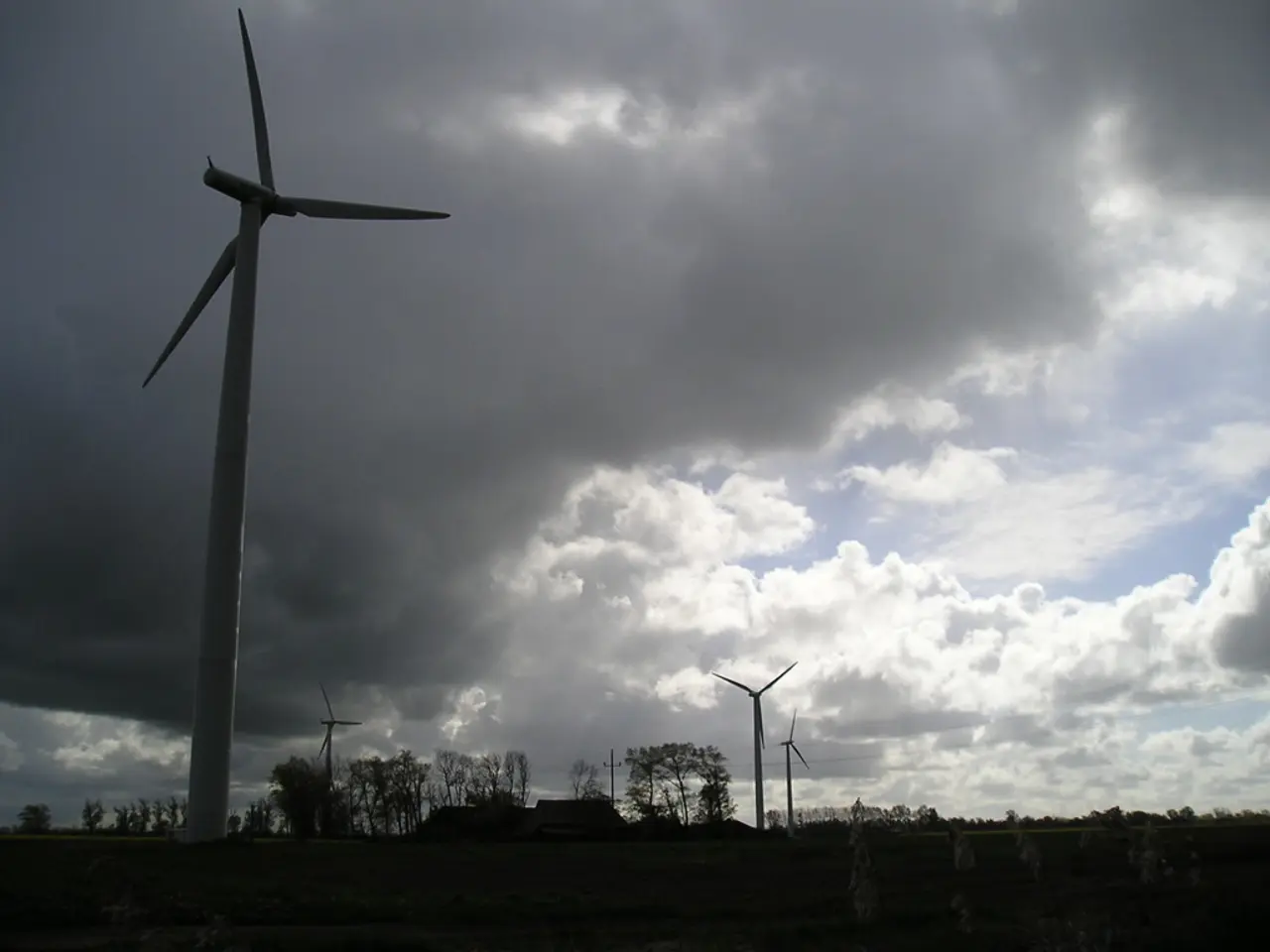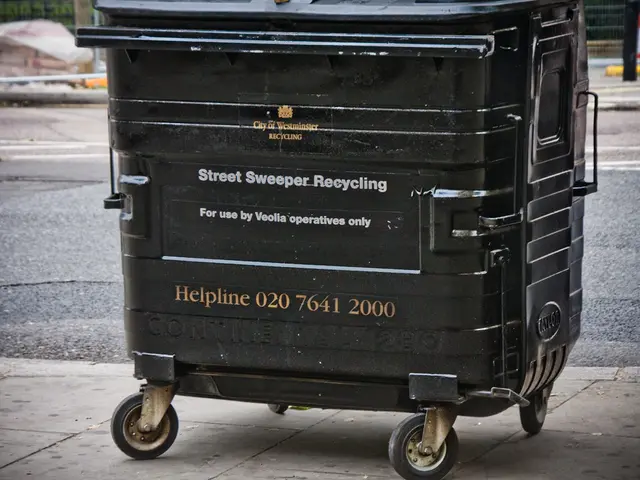Boosting windfall tax on energy firms from 35% to 48% proposed by Labour
The Labour party has announced plans to increase the windfall tax on oil and gas profits, as part of its economic strategy to balance high profits with urgent public needs. The increase, aimed at accelerating the UK's transition to green energy, is expected to take effect on November 1, 2025.
The windfall tax, also known as the Energy Profits Levy, currently stands at 35%. However, Labour plans to raise it to 38%, with the aim of generating an additional £2 billion in short-term revenue. The proceeds from this increase will primarily fund cost-of-living policies and public investments.
British Gas recently announced they made £969 million in profit in the last year, almost double the profits they saw in 2022. Major firms like Eon, Scottish Power, and EDF also announced record profits in 2023. The companies affected by the increased tax on excess profits from oil and gas are primarily those in the oil and gas extraction industry, typically large energy corporations with significant operations in these sectors.
James Alexander, CEO of the UK Sustainable Investment and Finance Association (UKSIF), supports the windfall tax rise. He believes it is a necessary step towards addressing climate change and ensuring a just transition to a sustainable economy.
However, the energy sector body Offshore Energies UK (OEUK) expresses concerns about potential impacts on jobs and investment. OEUK predicts a £12 billion reduction in future investment due to the windfall tax increase, and warns that the increase could put thousands of jobs at risk.
The Labour government intends to redirect revenue from oil and gas to fund renewable energy projects. This forms part of Labour's Energy Security Bill, which outlines their plans to keep the windfall tax rate at 38% in place through the end of the current Parliament in 2030.
The windfall tax, originally introduced in May 2022, is designed to ensure that UK oil and gas companies contribute more during periods of extraordinary profits due to global price hikes. The increase is aimed at supporting households facing energy price rises amid a cost-of-living crisis.
Labour's plans are outlined in their manifesto pledges, which emphasise the need for a fair and sustainable economy that prioritises the needs of the many over the profits of the few. The party believes that the windfall tax increase is a crucial step towards achieving this goal.




